1. They May End Up in Sanctuaries
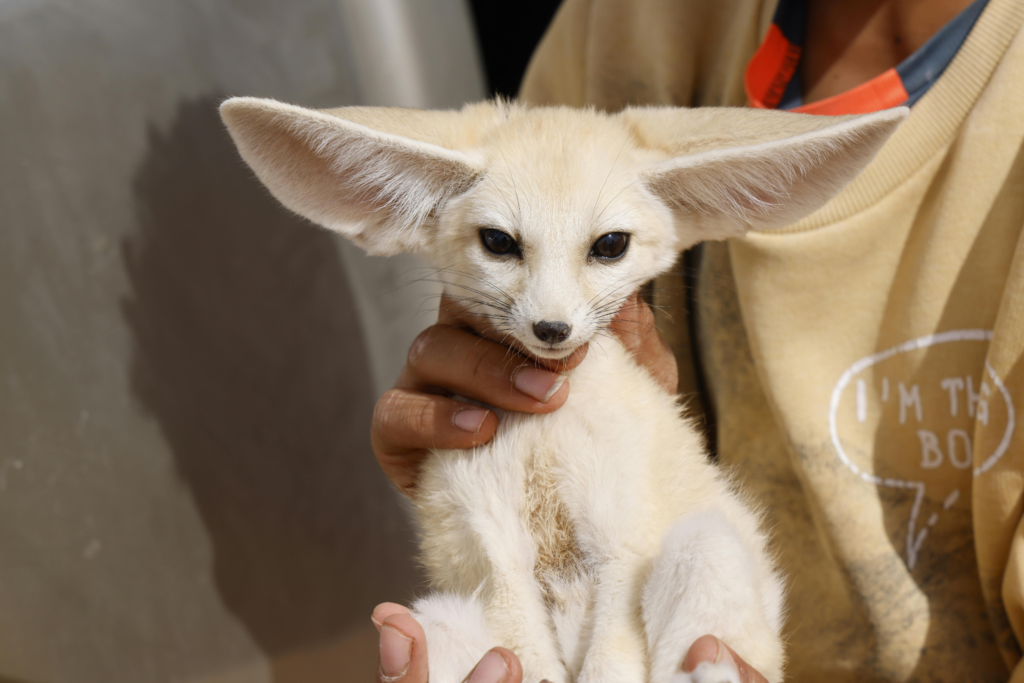
When exotic pets outlive their owners, sanctuaries are often a go-to solution for ensuring the animals’ safety. These specialized facilities are equipped to handle unique species like parrots, reptiles, and even big cats. However, the transition isn’t always easy. Animals accustomed to life in a private home may struggle with the change in environment and new social dynamics. Sanctuaries can provide an enriching space with opportunities to engage in natural behaviors, but not all animals make the cut due to limited resources. Sadly, demand often exceeds availability, leaving some animals in temporary housing for extended periods. On the brighter side, those that do secure a spot often thrive in a community of their own kind and benefit from professional care, making it a second chance for a fulfilling life.
2. Rehoming Challenges Arise
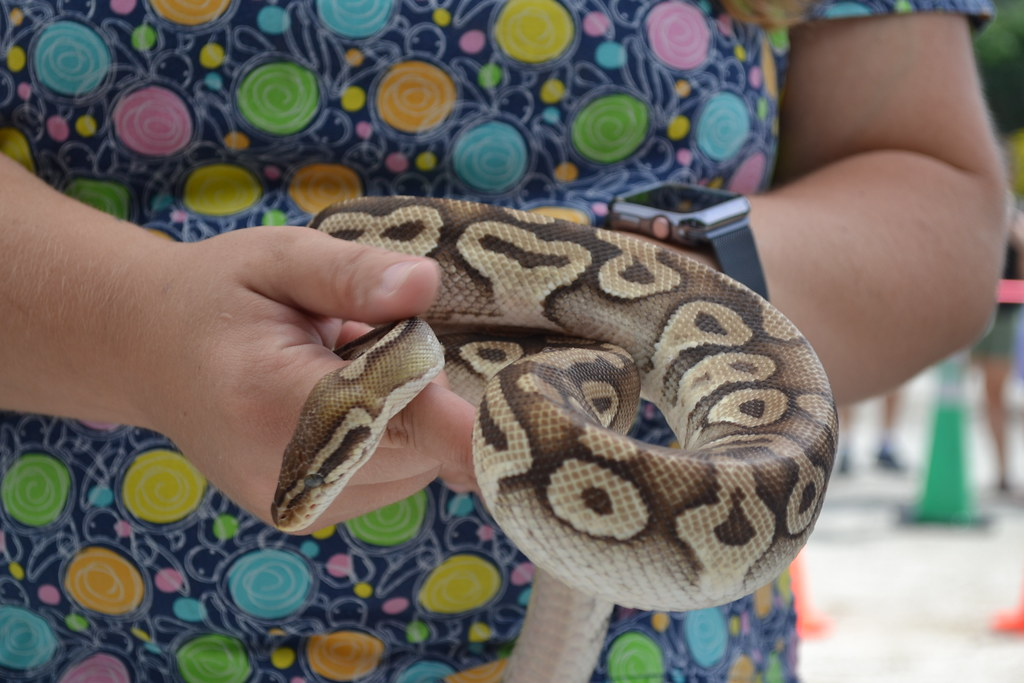
Rehoming an exotic pet is not as straightforward as finding a home for a cat or dog. Many exotic animals require specialized diets, habitats, and veterinary care, which can deter potential adopters. Birds like parrots, for example, can live for decades, posing a long-term commitment that not everyone is prepared to take on. This process can be drawn out for months or even years, during which the animal may face instability. In some unfortunate cases, exotic pets are passed between multiple homes, causing stress and even behavioral issues. Organizations and individuals working to rehome exotic animals must balance education, resources, and rigorous screening to find the right match. Despite these hurdles, rehoming remains a critical step in providing a safe future for these animals.
3. Legal Complications Can Delay Care
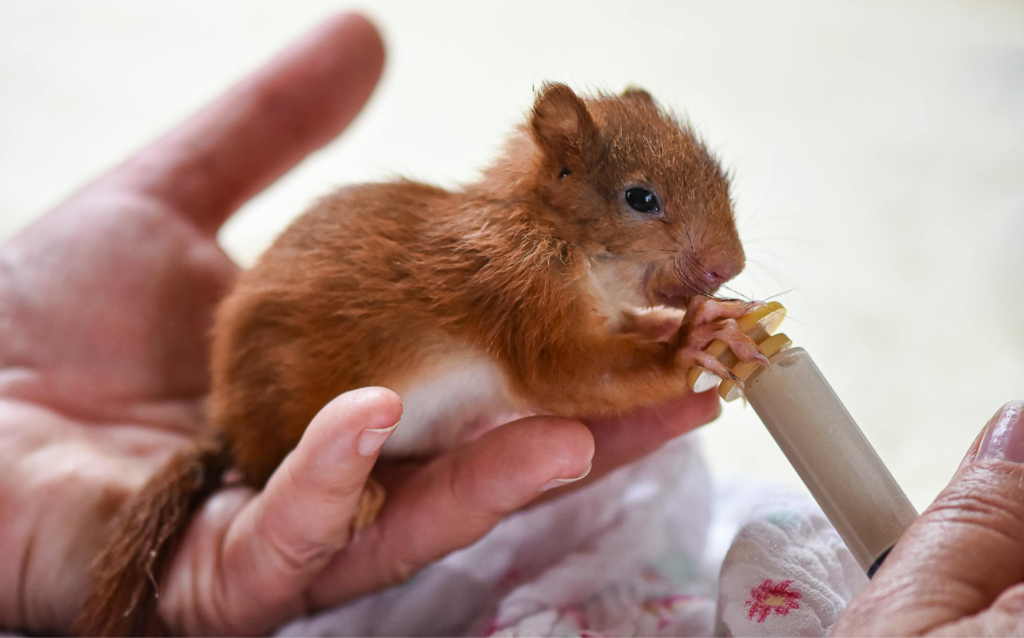
Legal hurdles are a common issue when exotic pets outlive their owners. Ownership of exotic animals often falls into murky territory, especially when the owner has not left clear documentation or instructions in their will. Family members or other heirs may not be legally able—or willing—to care for the animal. Furthermore, different regions have varying laws about owning exotic species, complicating rehoming efforts. In the worst cases, animals may be confiscated or euthanized if they are considered illegal or dangerous. Proper legal planning, such as outlining care instructions and ensuring permits are up to date, can make a significant difference. Owners who anticipate their pets’ longevity can help secure their future by addressing these legal complexities early on.
4. They Might Be Abandoned
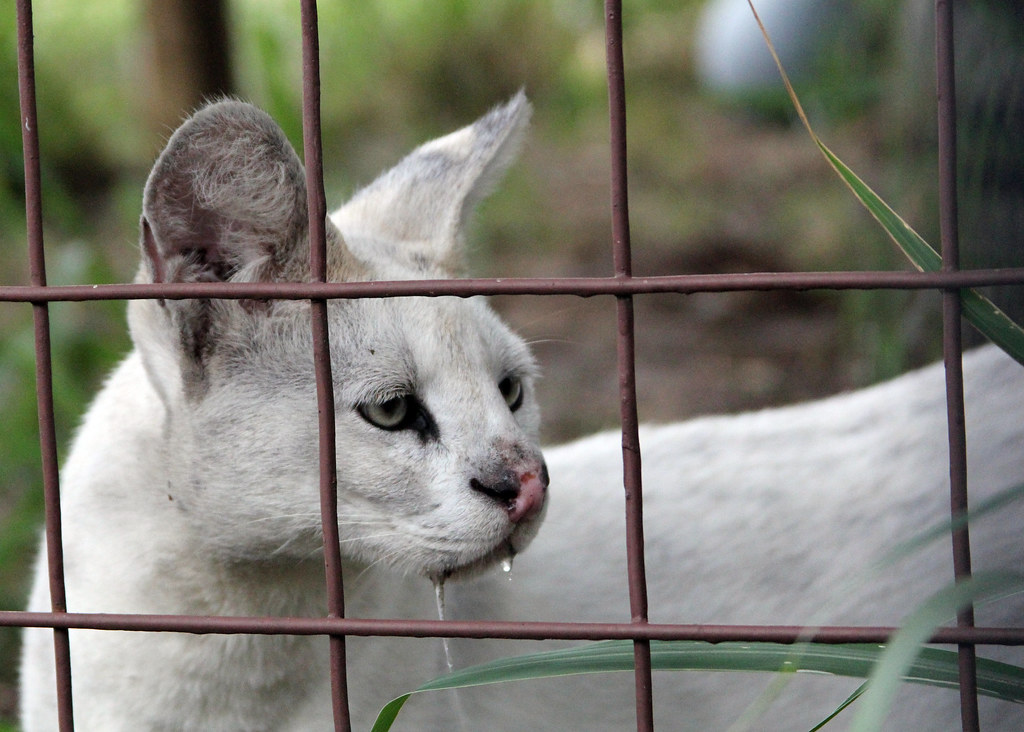
Abandonment is a harsh reality for many exotic pets when their owners pass away. Overwhelmed heirs or caretakers, unsure how to manage the animal’s needs, sometimes resort to abandoning them. Left to fend for themselves, these animals face significant risks, including starvation, predation, and exposure to unsuitable weather conditions. Releasing exotic pets into the wild is often disastrous, as they are rarely equipped to survive outside their native habitats. Worse, some species may become invasive, disrupting local ecosystems and causing long-term environmental damage. Addressing abandonment requires both public awareness and accessible resources for caretakers. By fostering education and establishing networks to support exotic pet rehoming, we can reduce the number of animals left to struggle alone.
5. Behavioral Issues May Surface
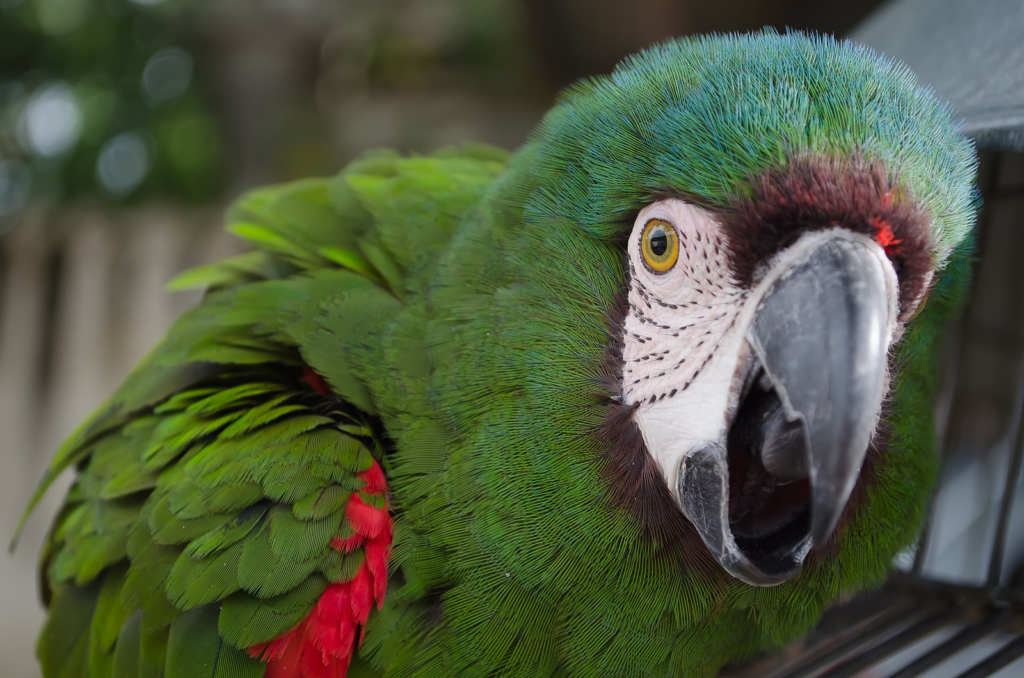
Exotic pets that lose their owners can develop behavioral issues due to the sudden change in their environment and routine. These animals often form strong bonds with their caretakers, and when that connection is lost, the stress can manifest in troubling ways. Some may become aggressive or display anxiety-driven behaviors such as self-harm, excessive vocalization, or refusal to eat. Others may withdraw entirely, making it difficult for new caretakers to establish trust. Behavioral issues can complicate rehoming efforts, as potential adopters may feel ill-equipped to handle an animal with such complex needs. In many cases, professional intervention from animal behaviorists or trainers becomes necessary to help the pet adjust. With time, patience, and specialized care, many exotic animals can overcome these challenges, but the road to recovery can be long.
6. Zoos May Step In

For some exotic pets, zoos provide a safe haven. Species that are rare, endangered, or particularly challenging to care for may be accepted into zoo programs. Zoos often have the expertise, resources, and infrastructure to provide high-quality care in environments designed to mimic natural habitats. Additionally, some animals become part of breeding programs or educational exhibits, contributing to conservation efforts and public awareness. However, zoos can’t accommodate every exotic pet. They prioritize animals that align with their conservation or educational missions, meaning many species are left out. Space is also limited, and the selection process can be rigorous. For the animals that do find a place, zoos often offer better living conditions and more appropriate care than private homes, giving them a chance to thrive in a controlled environment.
7. Specialized Rescues Provide Hope
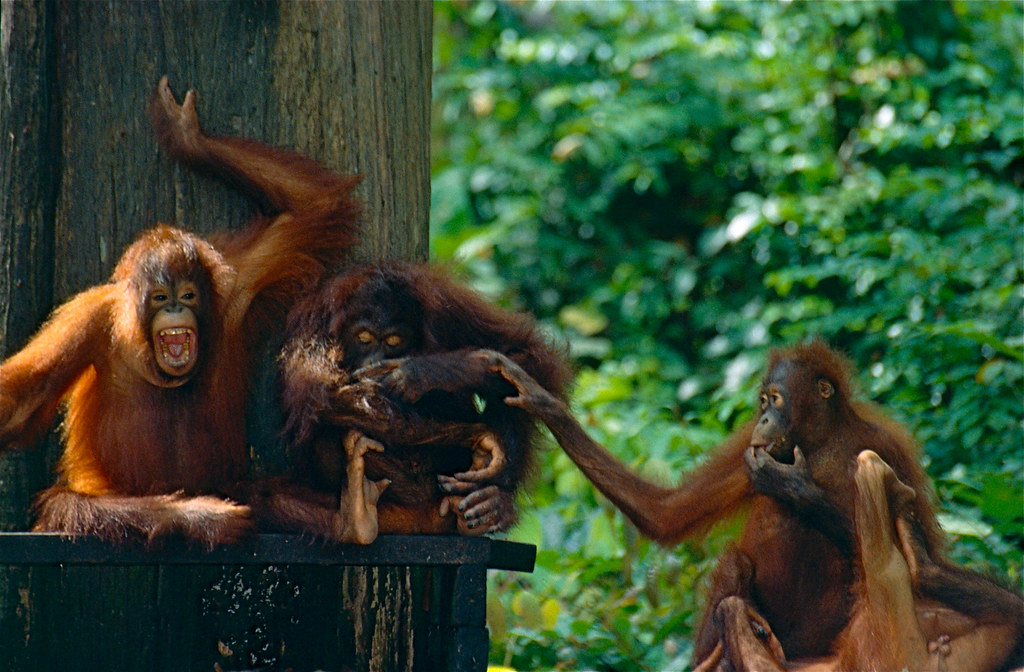
Rescue organizations dedicated to specific species are often a lifeline for exotic pets that outlive their owners. These groups focus on rehabilitating animals and finding them suitable homes. Whether it’s a parrot sanctuary, a reptile rescue, or a primate rehabilitation center, these organizations provide specialized care tailored to the animal’s needs. However, the demand for their services frequently exceeds capacity. Many rescues rely on donations and volunteer support, which can limit their ability to take in every animal in need. Waiting lists are common, and some animals spend months in temporary housing before a permanent solution is found. Despite these challenges, the care provided by specialized rescues can be transformative. Animals that enter these programs often receive expert attention, socialization, and enrichment, greatly improving their quality of life.
8. Family Members Take Over
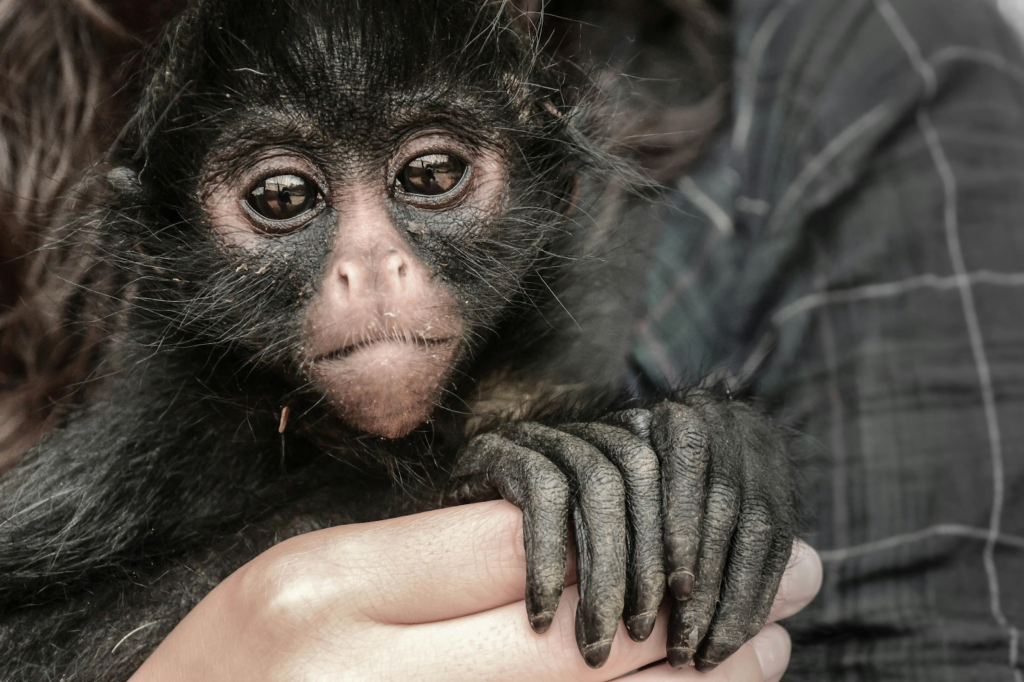
Sometimes, family members step in to care for an exotic pet after the owner’s passing. While this solution can be heartfelt, it is not always ideal. Exotic pets often require unique care routines, specialized diets, and expensive veterinary attention that relatives may not be prepared to provide. For example, a macaw might need fresh produce daily and access to large, flight-friendly spaces, while a reptile could require temperature-controlled enclosures. The financial burden can also be overwhelming, as some species require thousands of dollars annually for upkeep. Without prior experience or knowledge, family members may unintentionally provide inadequate care, leading to stress for both the animal and its new caretaker. Proactive planning by the original owner can help ease this transition, ensuring that caretakers are equipped with the resources and guidance needed for success.
9. Breeding Risks Increase

When exotic pets outlive their owners, a lack of oversight can lead to unplanned breeding, especially for species that aren’t spayed or neutered. This issue is particularly prevalent among reptiles, birds, and small mammals, as these animals are often kept in pairs or groups. Unregulated breeding can result in overpopulation, making it even harder to find homes for the animals and their offspring. Inexperienced caretakers might not even realize their pet is pregnant until the offspring arrive, creating additional stress and resource demands. For certain species, like parrots or turtles, this can mean decades of responsibility for the new caretakers. Spaying, neutering, or separating animals before such scenarios arise is essential to prevent these risks. Without careful management, breeding can exacerbate the already significant challenges of rehoming exotic pets.
10. Health Issues May Go Unnoticed
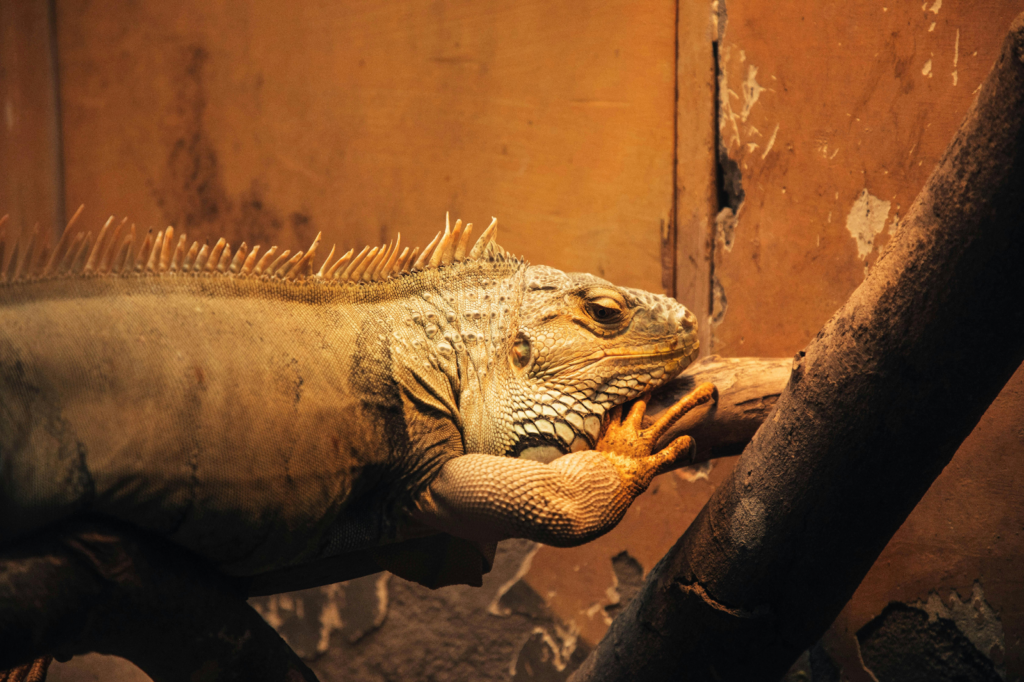
Exotic animals often hide signs of illness, a survival instinct developed in the wild to avoid predators. After their owner’s death, these subtle health problems may go unnoticed, especially if the new caretaker lacks experience. Many exotic pets require specialized veterinary care that isn’t always accessible or affordable. For instance, reptiles may need blood work or imaging for internal issues, while large birds require expert handling for thorough check-ups. Delayed or inadequate medical attention can lead to severe complications, reducing the animal’s quality of life or even resulting in premature death. Proper documentation of the pet’s medical history and a list of trusted exotic veterinarians can make a significant difference, but these resources aren’t always available. Ensuring regular check-ups with qualified professionals is crucial to maintaining the health of exotic pets during this transitional period.
11. They Might Be Sold
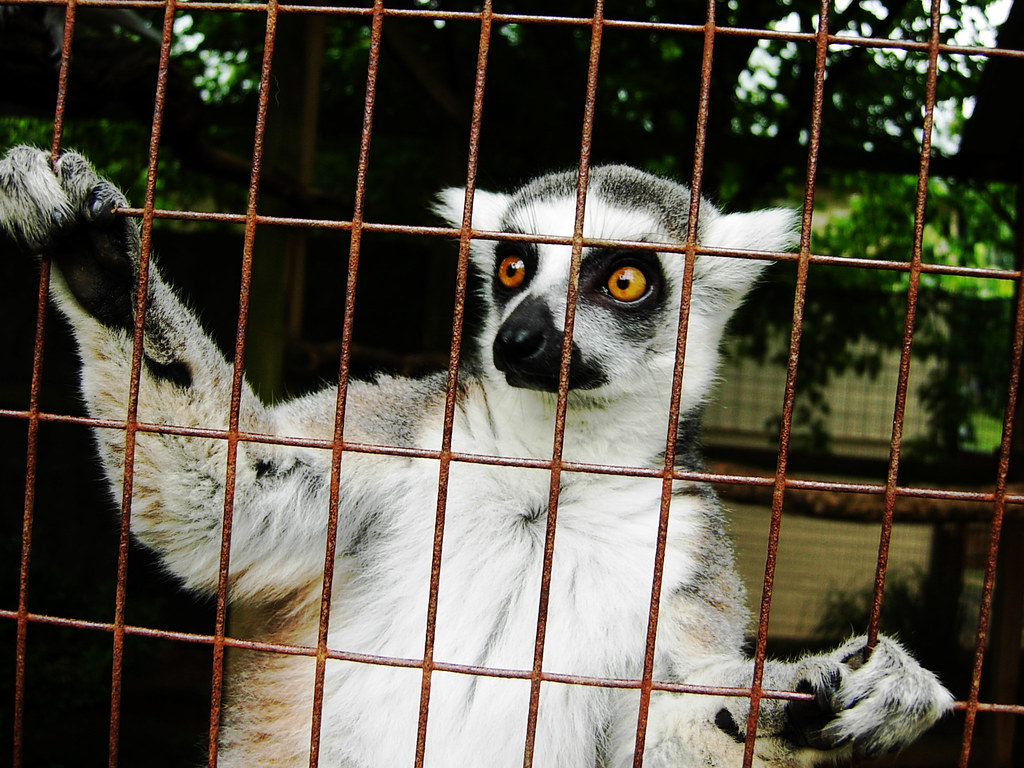
Selling an exotic pet is often seen as a practical solution, especially by family members who cannot care for the animal themselves. However, this approach can be fraught with ethical dilemmas. Exotic pet sales often occur through online marketplaces or private transactions, where potential buyers may lack the necessary expertise or commitment to care for the animal properly. Some buyers are motivated by profit rather than the pet’s welfare, increasing the risk of neglect or exploitation. Additionally, the exotic pet trade is notorious for its association with illegal activities, which can further endanger the animal. Responsible selling requires thorough vetting of potential buyers and clear communication about the pet’s needs. Unfortunately, this level of diligence is often overlooked, leaving the animal vulnerable to unsuitable living conditions or mistreatment.
12. Emotional Distress in Animals
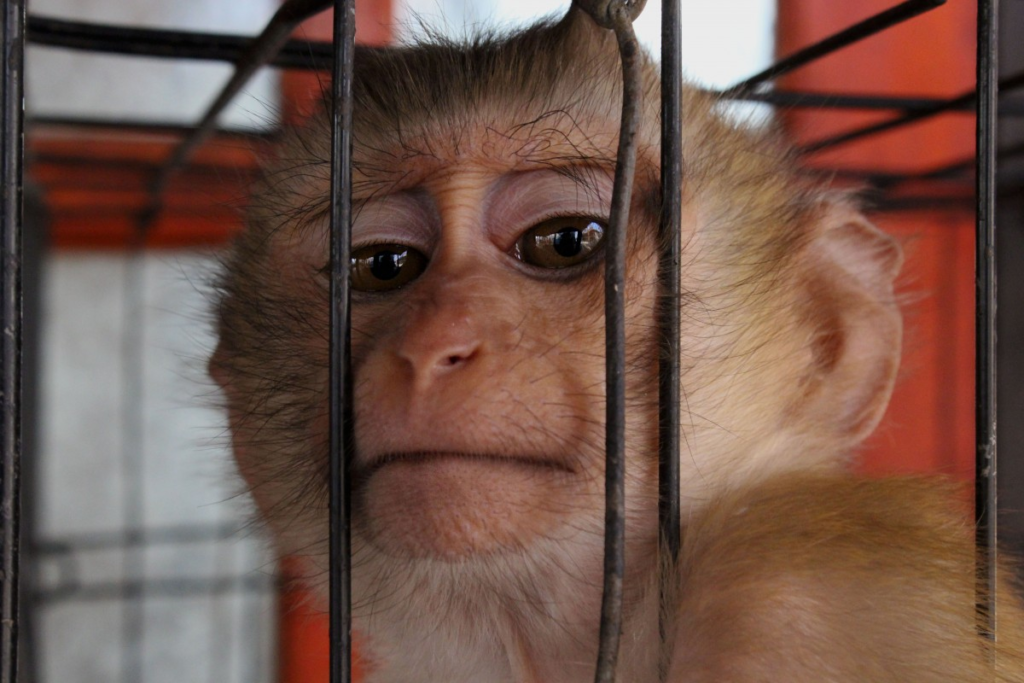
Exotic pets form strong bonds with their owners, and losing that relationship can lead to significant emotional distress. Animals like parrots, monkeys, and certain reptiles may exhibit signs of grief, including lethargy, loss of appetite, or changes in behavior. This emotional turmoil can make them more challenging to care for, as they may become withdrawn, aggressive, or destructive. Adjusting to a new environment or caretaker can be particularly difficult for animals that have spent years in a stable, predictable setting. Providing comfort, stability, and patience is key to helping these pets cope. Enrichment activities, consistent routines, and positive reinforcement can also aid in their recovery. However, emotional healing takes time, and new caretakers must be prepared for the effort required to support an exotic pet through such a difficult transition.
13. The Role of Long-Term Care Plans
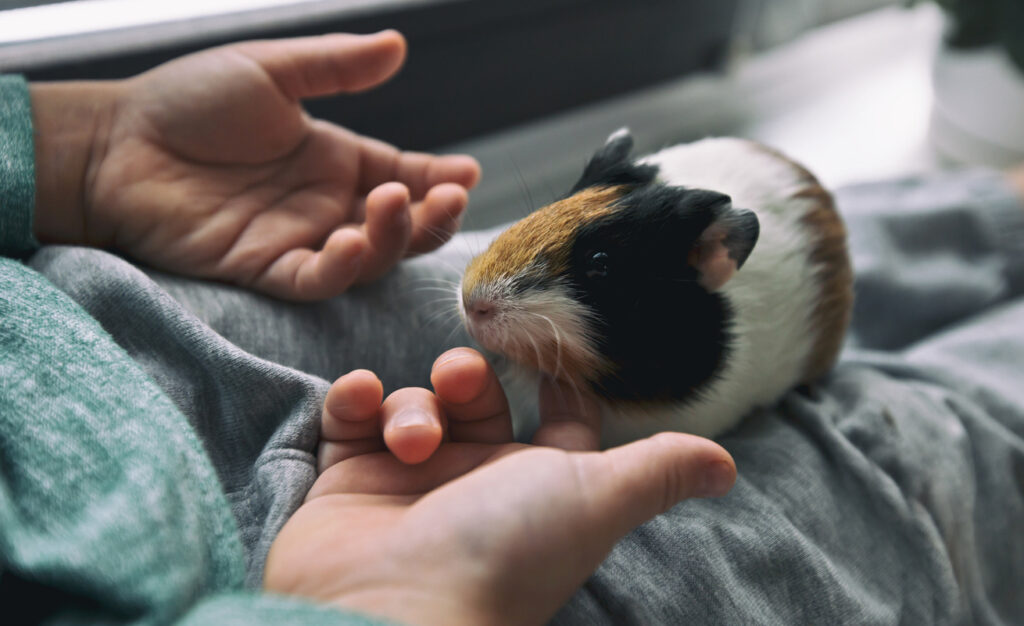
One of the most effective ways to safeguard an exotic pet’s future is through a detailed long-term care plan. These plans can include instructions for the pet’s daily care, designated guardians, and financial provisions to cover expenses. Legal tools like wills or trusts can formalize these arrangements, ensuring that the pet’s needs are met even after the owner’s passing. Without such plans, exotic pets often face uncertainty, from prolonged stays in limbo to inadequate care from unprepared caretakers. A well-crafted care plan not only provides clarity for those taking over the pet’s responsibility but also minimizes stress for the animal during the transition. By planning ahead, owners can give their exotic pets the best possible chance at a stable, happy, and well-cared-for future.


